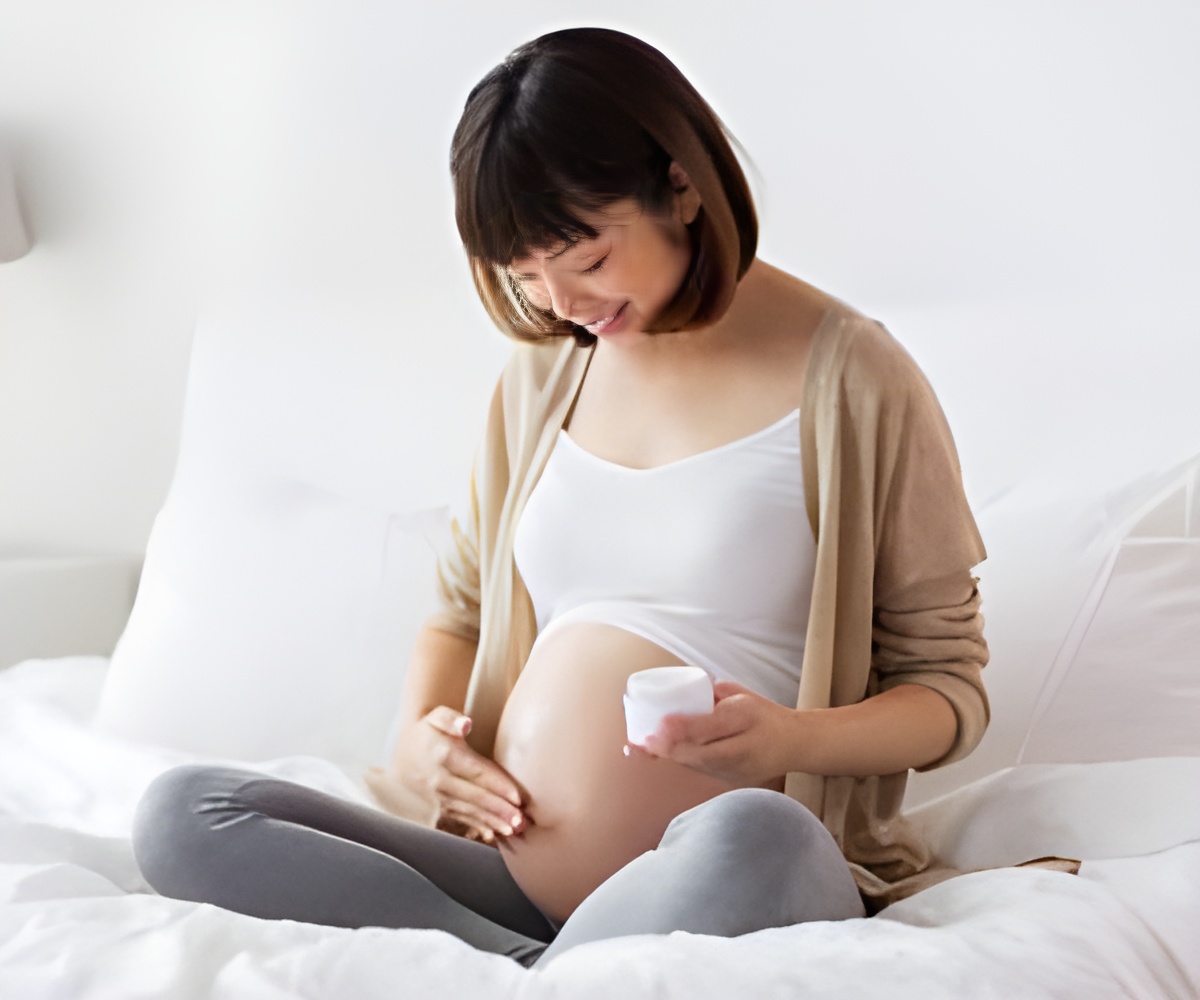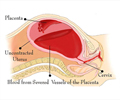Preeclampsia caused 16% of maternal deaths in 2020, impacting 50,000 women globally. Early detection is critical.

- Hemorrhage and preeclampsia caused 130,000 maternal deaths in 2020
- Women need postnatal support, mental health care, and reproductive health access
- WHO calls for better maternity care, and early risk detection
Many pregnancy-related complications going undetected and untreated - WHO
Go to source). With 287,000 maternal deaths recorded in 2020—equivalent to one death every two minutes—the study underscores the urgent need for improved maternal healthcare, especially in lower-income countries where access to lifesaving treatments remains limited.
Hemorrhage and Preeclampsia: The Deadliest Threats to Mothers
According to the findings, hemorrhage remains the leading cause of maternal deaths, accounting for nearly 27% of fatalities. This condition, often occurring during or immediately after childbirth, can be prevented with timely obstetric care, access to blood transfusions, and proper emergency response. However, many women—particularly in resource-poor settings—fail to receive the necessary care in time.Preeclampsia, a condition characterized by dangerously high blood pressure during pregnancy, can lead to organ failure, strokes, and seizures if not treated promptly. The study warns that early detection through antenatal screenings and timely intervention is crucial in preventing fatalities.
While direct obstetric complications remain the leading causes of maternal deaths, the study reveals that nearly a quarter (23%) of pregnancy-related deaths are due to chronic and infectious diseases, including:
- HIV/AIDS and malaria, which increase complications during pregnancy
- Anemia and malnutrition, which exacerbate the risks of hemorrhage and infection
- Diabetes and heart disease, which can lead to severe pregnancy-related complications
Dr. Pascale Allotey, WHO’s Director of Sexual and Reproductive Health and Research, emphasized the importance of quality maternal healthcare in preventing unnecessary deaths:
“Understanding why pregnant women and mothers are dying is critical for tackling the world’s maternal mortality crisis. Women everywhere need high-quality, evidence-based healthcare before, during, and after delivery, as well as efforts to prevent and treat underlying conditions that jeopardize their health.”
- Early antenatal screenings to detect high-risk pregnancies
- Emergency obstetric care to manage birth-related complications like hemorrhage
- Postnatal follow-ups to address ongoing health risks and mental health needs
- Access to preventive interventions for chronic diseases affecting pregnancy outcomes
To further drive global action, World Health Day 2025 will focus on maternal and newborn health, calling for an intensified effort to ensure access to high-quality healthcare for women and babies, especially in low-resource settings and crisis zones where maternal mortality rates remain alarmingly high.
Dr. Jenny Cresswell, a WHO scientist and co-author of the study, emphasized the importance of a lifelong approach to maternal health: “Preeclampsia, for instance, significantly increases the risk of hemorrhage and other complications that may arise long after childbirth. A more holistic approach to maternal health ensures that women have a healthy pregnancy, a safe delivery, and a good quality of life afterward.”
The new WHO study serves as a wake-up call for governments, healthcare organizations, and policymakers to prioritize maternal health as a global public health emergency. With nearly 300,000 maternal deaths still occurring annually, urgent action is needed to provide equitable, high-quality, and accessible maternal healthcare worldwide.
Reference:
- Many pregnancy-related complications going undetected and untreated - WHO - (https://www.who.int/news/item/08-03-2025-many-pregnancy-related-complications-going-undetected-and-untreated--who)
Source-Medindia















